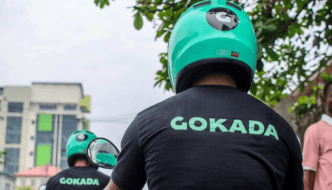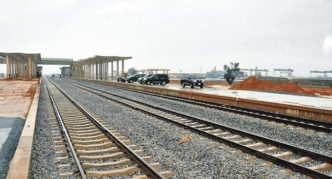Nigerian logistics startup Gokada, once a leader in last-mile delivery, filed for Chapter 11 bankruptcy protection on October 18, 2024.
This move provides the company with a chance to restructure its debts and attempt a financial turnaround without liquidating its assets.
Gokada’s Financial Challenges Deepen
Gokada’s bankruptcy filing revealed total liabilities of $5.2 million against assets worth only $560,000, including just $64,000 in cash. The company owes $1.8 million to its 20 largest creditors. Despite raising $5.3 million in a 2019 Series A round, Gokada’s revenues plummeted to $118,988 in 2024, compared to $268,779 in 2023.
CEO Olutosin Oni attributed the company’s struggles to naira depreciation, stating, “Significant time and effort has been put into making Gokada profitable over the years, but with the severe decline in the value of the Nigerian Naira, we have not yet reached that goal.”
Leadership and Policy Shifts Impact Gokada
Founded by Fahim Saleh and Deji Oduntan, Gokada initially thrived as a bike-hailing service in Lagos. However, its growth stalled following leadership changes and the 2020 Lagos state ban on bike-hailing in 15 local government areas.
The company pivoted to logistics and food delivery, laying off 70% of its workforce and adopting an asset-light model to cut costs.
Despite these measures, Gokada faced persistent challenges, including failed acquisition talks with logistics firm Kwik in 2024.
Rise Capital’s Role and the Road Ahead
Lead investor Rise Capital has supported Gokada for years, but CEO Oni noted that the firm is no longer able to shoulder the financial burden alone. The bankruptcy filing underscores the company’s urgent need to secure new funding or a strategic partnership to stay afloat.
While Gokada has faced numerous setbacks, the company remains committed to restructuring under Chapter 11 provisions, aiming for a financial recovery that will preserve its operations and workforce.
Lessons from Gokada’s Journey
Gokada’s trajectory offers a critical lesson: while cost-cutting measures and operational pivots are essential, they may not be sufficient to sustain a business without robust funding and strategic alignment.
Read More:















